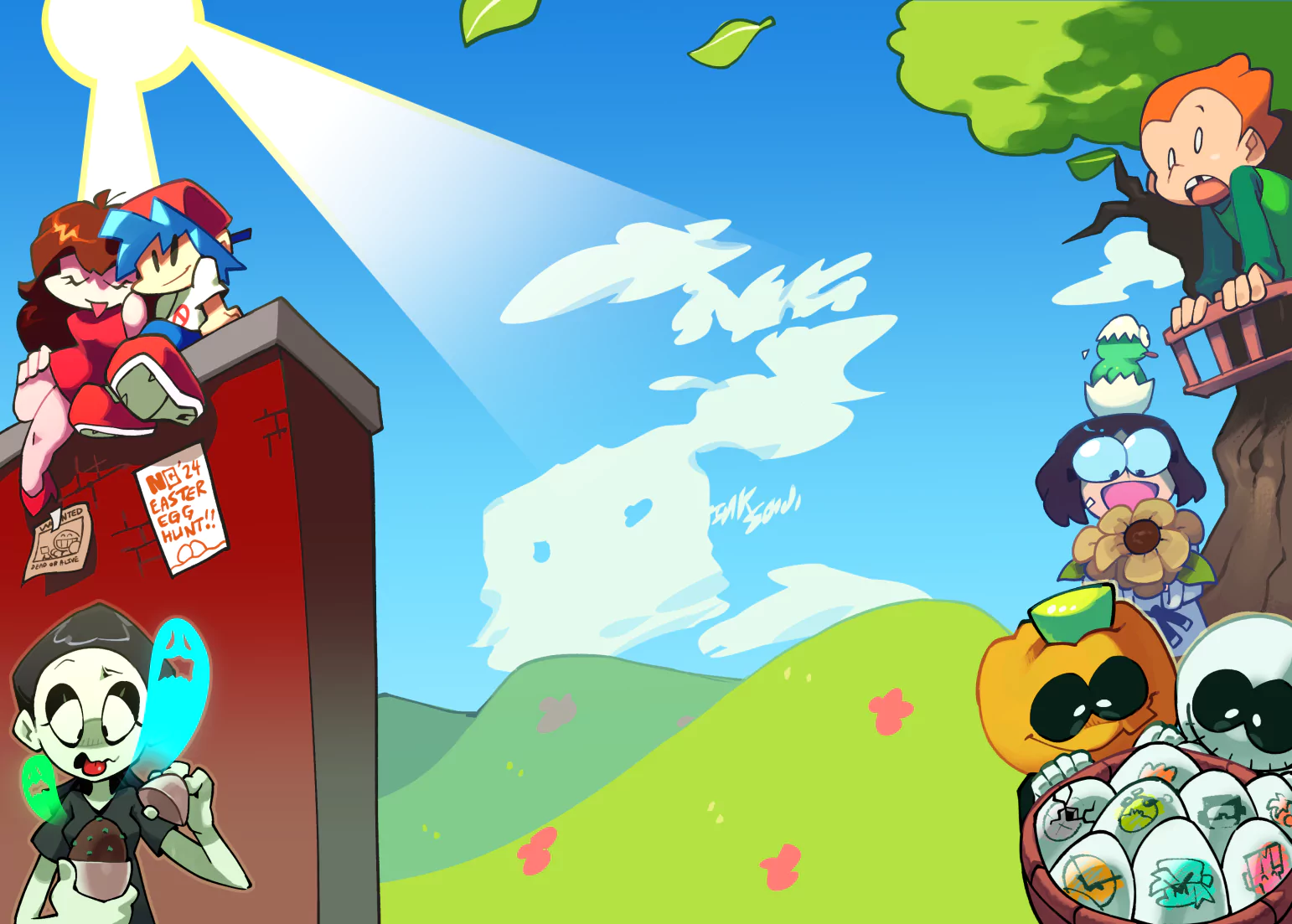…is probably one of the weakest arguments one could possibly make for regulating speech. It is often used by people who are unaware of the phrase's history, so allow me to shed some light on its origins and explain why it's poor for discussion.
And no, it did not have anything to do with an actual event of someone screaming "Fire!" when there wasn't one. The quote originates in a Supreme Court case, Schenck v. United States (1919), where a man named Charles Schenck was arrested for distributing leaflets to conscripted soldiers that contained language opposing the WWI draft. The police cited the Espionage Act as reason for his arrest, arguing that his leaflets would cause insubordination in the military and thus impair the government in defeating the Central Powers.
Hmm, maybe. But isn't Mr. Shenck clearly being deprived of exercising his first amendment right to protest? At the time, the answer was no. The result of the case was a unanimous ruling (!!!) in favor of the government, declaring that what Mr. Shenck did might have been okay during peacetime, but he did not have 1A protections because his speech constituted a "clear and present danger," in that it might encourage conscripted soldiers to desert or avoid service during the war.
Woah, but what does any of that have to do with "fire in a theater"? It is this case where we can find and attribute the quote to Justice Oliver Wendell Holmes, who was tasked with delivering the opinion on behalf of the court. In it, he attempted to make an analogy to the limitations of free speech:
"The most stringent protection of free speech would not protect a man in falsely shouting fire in a theatre and causing a panic."
However, the problem with the co-opting of Holmes's analogy is that nobody is arguing that freedom of speech is absolute. The issue at hand was whether or not distributing antiwar leaflets to conscripted soldiers is a form of protected speech, and the analogy didn't really serve much relevance in answering the question. If I were to declare that singing "drivers license" is obscene and should be illegal, and my argument to support it was "Well, there are limitations to the 1st amendment. You can't shout fire in a crowded theater, after all," most reasonable people would immediately recognize that as fallacious logic.
Oh, and by the way, Schenck v. US was almost completely overturned 50 years later in Brandenburg v. Ohio (1969). Read it. There's plenty of controversial things you can do or say now that are generally legal*, such as:
- Distributing antiwar leaflets to conscripted soldiers
- Burning flags
- Saying dumb inaccurate shit on Fox News if you really believe it
- Protesting a dead soldier's funeral
- Almost anything that is colloquially known as "hate speech"
- General advocacy for the extinction of any group or race, including the human race (@damnedbyfate)
- General advocacy for violence against any group or race, including the punching of Nazis
- Being a politician and giving an incendiary speech that causes a riot at the Capitol oopsies lol
- Shouting fire in a theater when the theater is full of lawyers
*None of this should be considered legal advice.
So anytime you're thinking of saying "hate speech isn't free speech" or "you can't shout fire in a crowded theater," please kindly consider expanding your legal acumen. From one non-lawyer to another.



